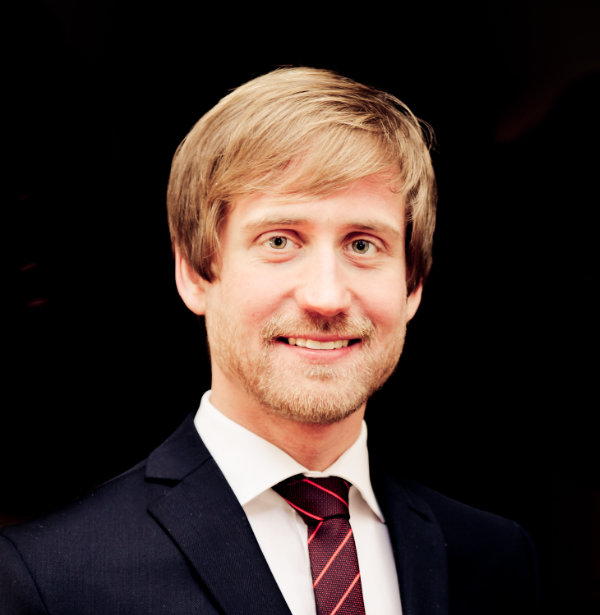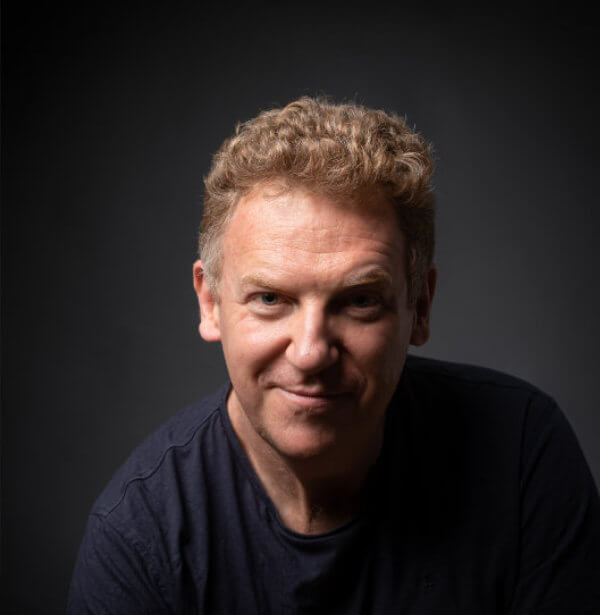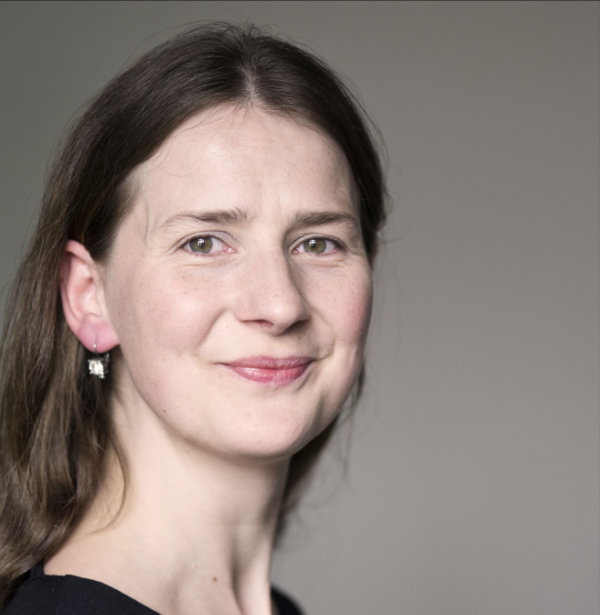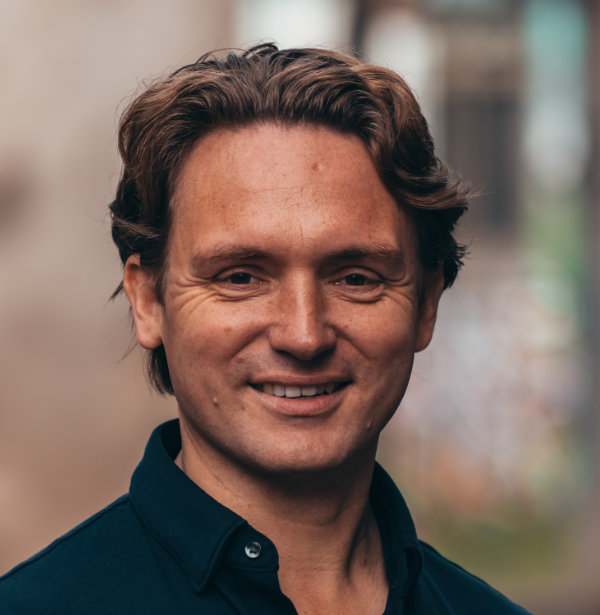The Leipziger Synagogalchor is unique in German music history. It was founded in 1962 by
He composed choral arrangements for Yiddish and Hebrew songs, thereby establishing a choral tradition that continues to this day. From the outset, the amateur choir consisted of non-Jewish singers and was sponsored by the Association of Jewish Communities in the GDR until the fall of the Berlin Wall. In both German political systems, it carved out a firm place for itself in the choral landscape, which was by no means commonplace given its special repertoire and its role as an ambassador for a vibrant culture of remembrance.
After Sanders’ death, the ensemble developed into a nationally and internationally renowned concert choir under the direction of Kammersänger Helmut Klotz and, from 2012, under the direction of Ludwig Böhme. Philipp Goldmann has been the director since 2022. Foreign tours have taken the choir to Poland, the Czech Republic, Brazil, South Africa, the USA, and Israel three times, most recently to Vienna and Paris.
The choir sings in churches and synagogues, concert halls, reading stages, and schools, at conferences, commemorative events, Jewish choir festivals, and cultural days. Interreligious projects are just as much a part of the program as the performance of rare choral symphonic works. Since 1980, the choir has provided the musical accompaniment for the memorial service commemorating November 9, 1938, at St. Thomas Church in Leipzig. In 2017, the ensemble was honored with the Obermayer German Jewish History Award.
On the initiative of the choir, the “Revitalization of Synagogue Choral Music of the 19th and 20th Centuries in Central and Eastern Europe” was entered into the Federal Register of Intangible Cultural Heritage in 2020 as an example of good practice. In recent years, the ensemble has devoted itself in particular to the Jewish musical history of its hometown with composers such as Samuel Lampel, Salomon Jadassohn, and Herman Berlinski.




